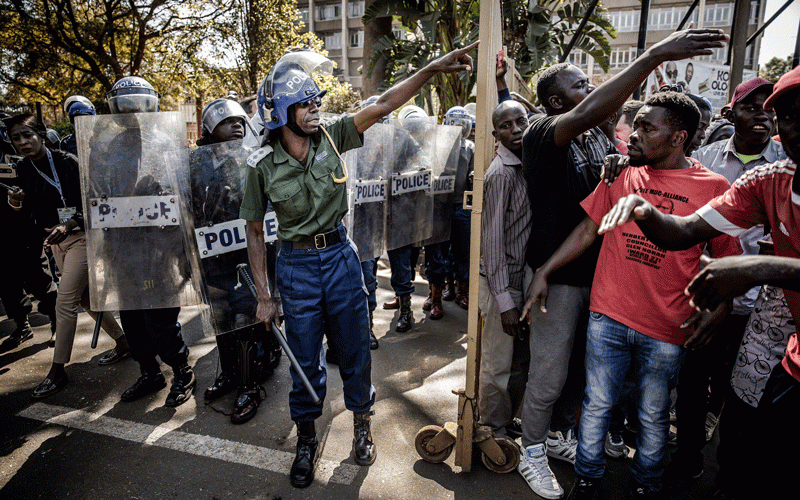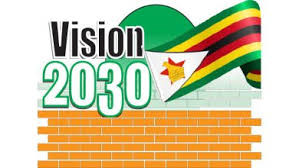
THE prospects for a peaceful, free and fair election that ushers in a leadership representative of the people's will across Zimbabwe's political divide have been eroded by a number of violent indicators that have reared their ugly heads as contenders use unethical methods to their benefit in both political and electoral arenas. Political actors in Zimbabwe are required by the Constitution to uphold peace and refrain from any action that suggests violence.
Regular, fair elections free from violence and other electoral malpractices are guaranteed by sections 155(a) and (d). This entails that various stakeholders play a role in ensuring peace and violence-free elections, these include political parties, candidates, Chapter 12 institutions, voters, civic society and other government institutions.
The State also has a responsibility to guarantee that the proper administrative and legislative procedures have been implemented to prevent electoral violence and other electoral malpractices.
However, as things stand, State institutions — which include Parliament, the Judiciary, the security sector and the human rights commission, along with political actors from all political perspectives and the ruling elite — have mainly lacked the political will to stop the violence before this year’s elections.
The democratic institutions based on such African organisations as the Southern African Development Community (Sadc) and the African Union (AU) are weak even at the continental and regional levels and do not carry sanctions to rein in members who deviate from set standards. It is not uncommon for Sadc and the AU to support the demands of pariah State leaders rather than those of their citizens.
Conflicts surrounding elections permeate the electoral process and frequently result in political violence, intra- and inter-party conflicts, which thwart efforts to attain political tolerance in a multi-party democracy. Most frequently, primary elections, which are held before by-elections or harmonised elections, are some of the key causes of disputes.
At the inter-party level, disputes are frequently fueled by hate speech, accusations of vote buying, inciting violence against political rivals defacing of campaign posters, and in worst cases, destroying rivals' property.
Political parties should play a key role in encouraging peace-building as a strategy to unify people and advance peace prior to elections since they are an authority with a powerful voice in constituencies and at the local level.
- Chamisa under fire over US$120K donation
- Mavhunga puts DeMbare into Chibuku quarterfinals
- Pension funds bet on Cabora Bassa oilfields
- Councils defy govt fire tender directive
Keep Reading
The political actors in Zimbabwe should draw lessons on promoting democracy from Zambia, Botswana, South Africa and Kenya. Even if political violence may have been present in some of the aforementioned countries at one point, they have evolved and developed beyond election seasons.
The major political parties' candidates must support peace and pledge to uphold it.
This is crucial in ensuring that supporters are tolerant of one another, as would have been implied by the leadership's rhetoric.
Such initiatives will need to work with political structures so that party leaders in each province may address their members and urge cohesion, tolerance, and unity during elections.
Furthermore, during election season, a series of youth-focused and led activities should be held, attracting participants from all local political parties, in order to depolarise young people and inspire them to stop being violence perpetrators and promote peace.
In order to bring the youths together regardless of political affiliation, activities that include seminars, athletics and music galas/festivals should be undertaken. These ought to be started and supported by civic organisations, community leaders, and party members.
Additionally, there is a need to concentrate on inter-party discussion, incorporating both adolescents and other important stakeholders, as they are frequently at the forefront of violent clashes between political parties, particularly during election seasons.
It is crucial for parties to work together and build trust, and political actors don't necessarily need to see each other as adversaries.
Governments frequently use intra- and inter-party conversation as a sustainable, inclusive method of finding solutions to pressing national problems.
Politicians must effectively engage one another in dialogue in order to reflect, share opinions, and reach an agreement on the greatest options for citizens.
- Nyasha F Tsikwa is an international relations student at Africa University, Mutare











